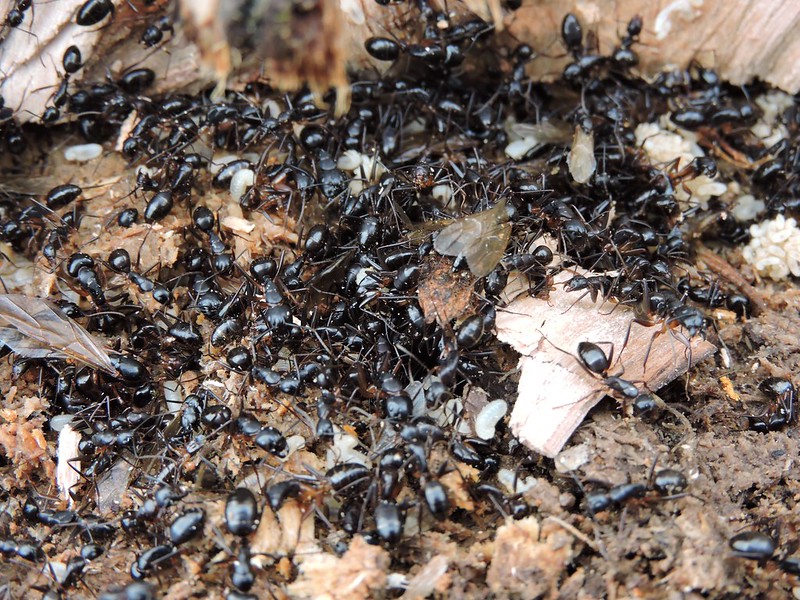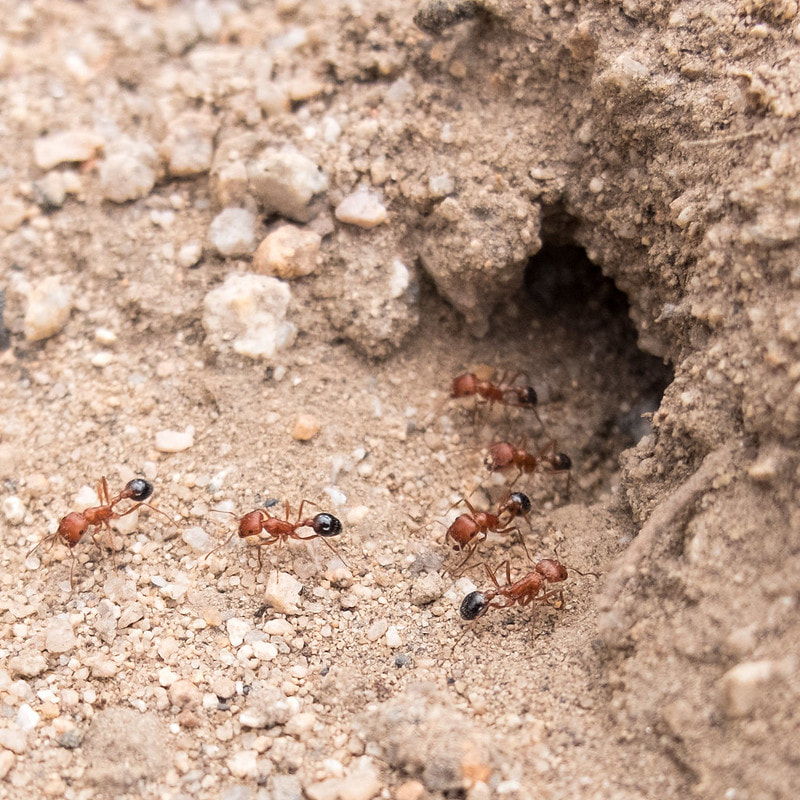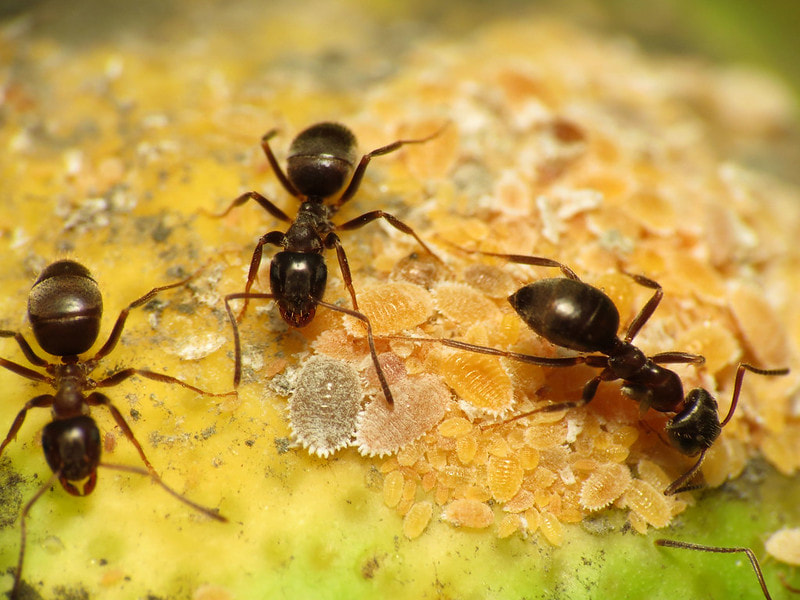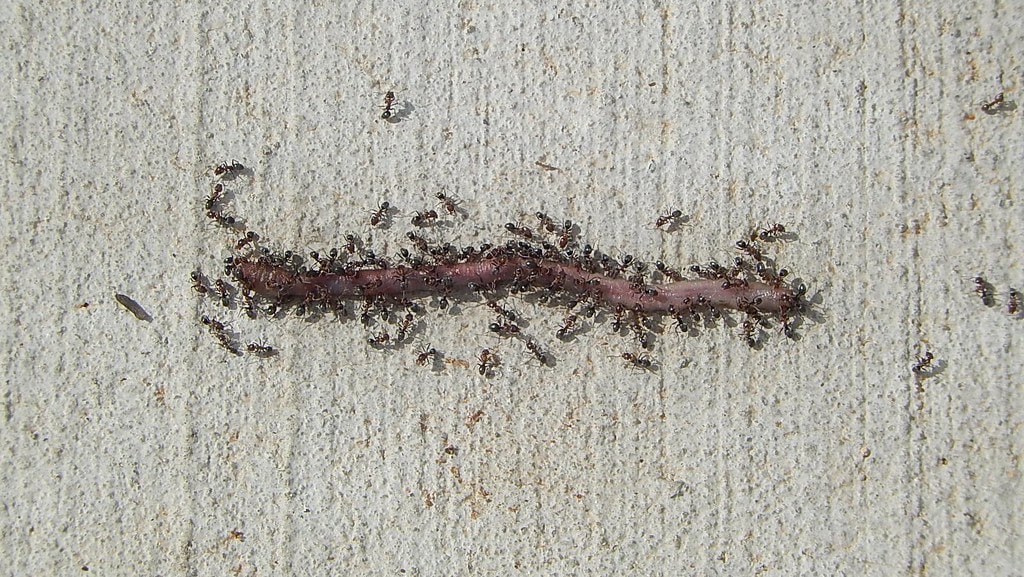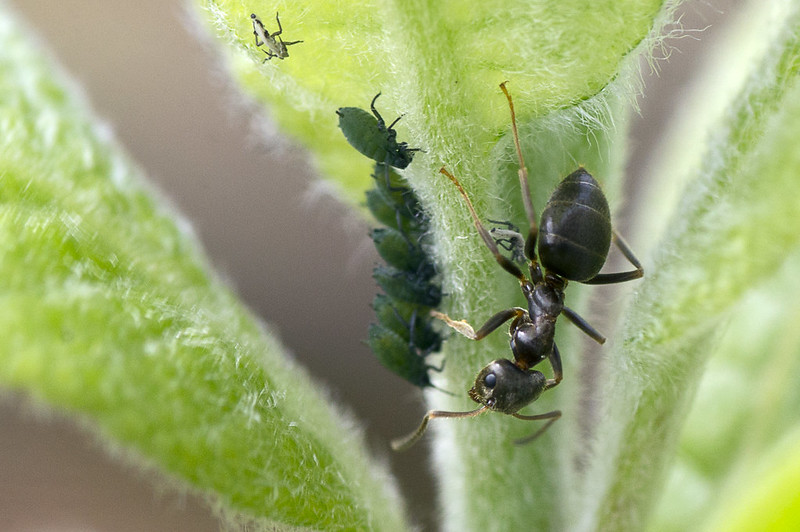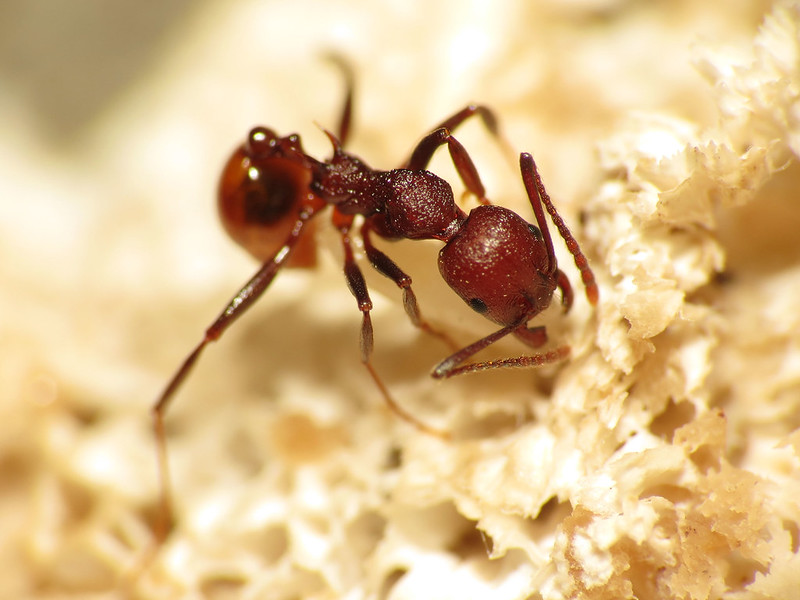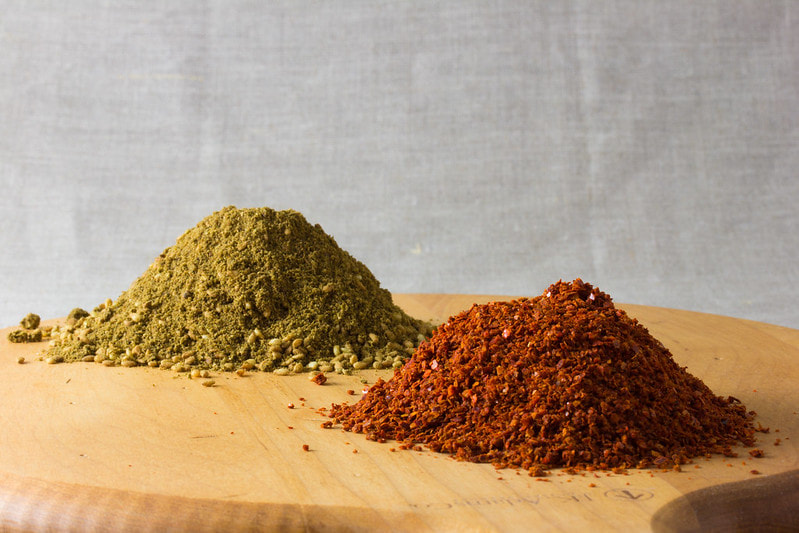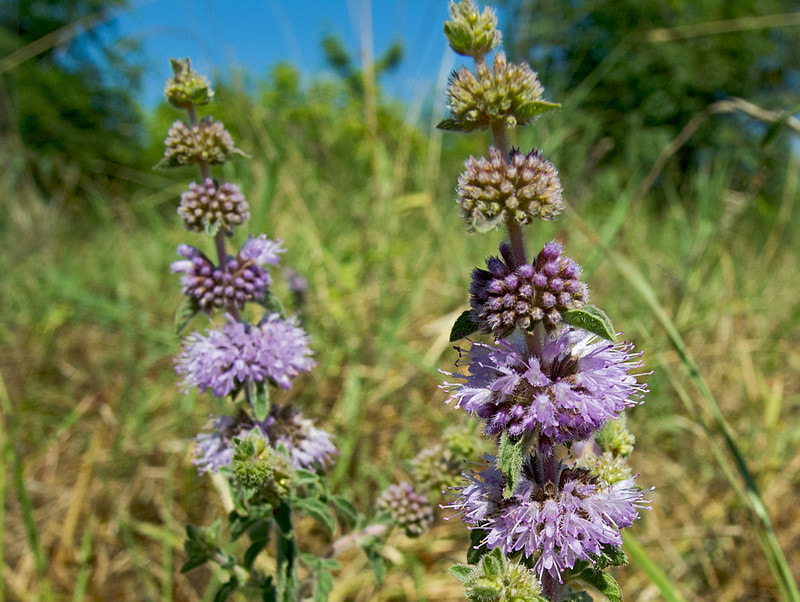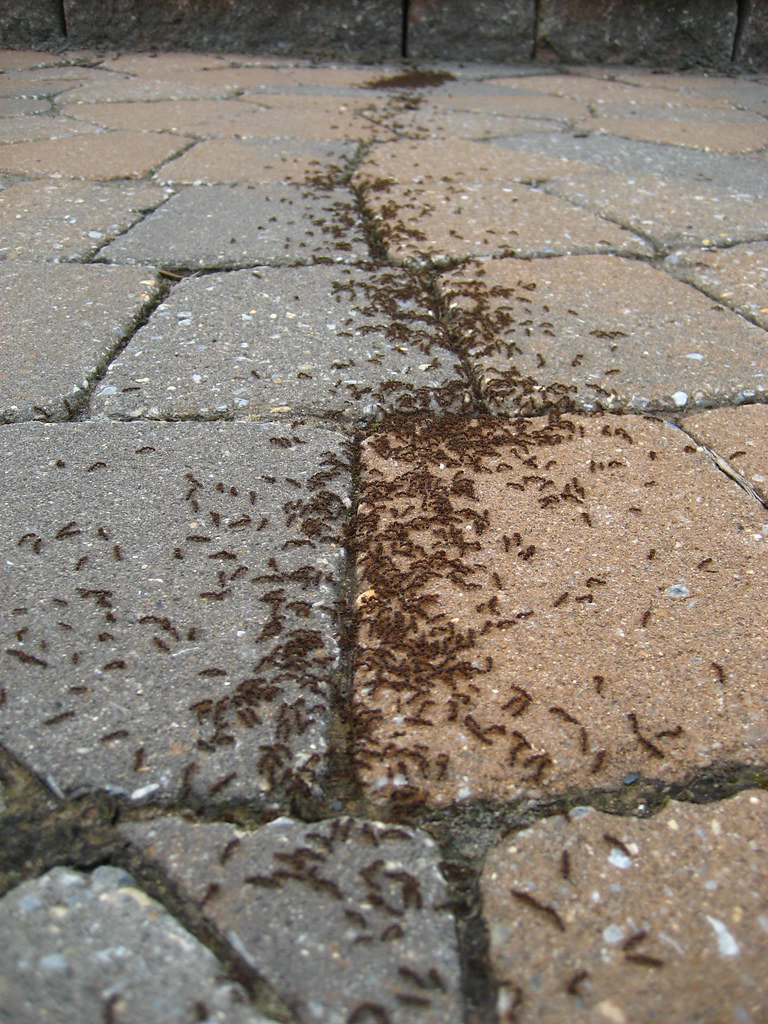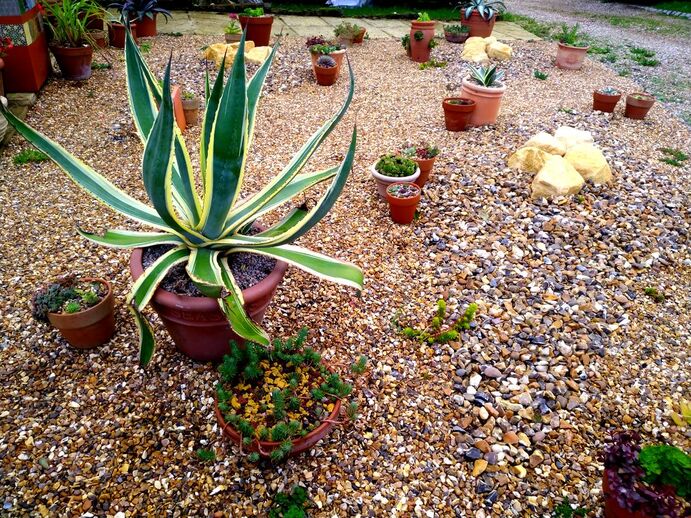|
This article contains affiliate links
Ants are a unique group of insects which form organised army colonies. There are many different species and through progressive history have spread across the planet. So widespread are ants that most gardens in any location have at least two species present. Their small size and ability to sense food has enabled them to successfully colonise our gardens and even enter our homes.
Gardens provide perfect habitats for ants with numerous gaps, nooks and crannies for them to nest within. Modern gardens are typically scarce in the small amphibians, reptiles, mammals and birds which prey upon them. This gives them free reign to grow in number and become a noticeable presence in the back yard. This is typically the moment you want to know how to get rid of ants from your garden. The truth is ants like wasps are a part of the environment and impossible to get rid of completely. However there a series of treatments and methods to remove specific nests and generally make your garden less appealing in the future. Hence we have put together our comprehensive guide of how to get rid of ants from your garden below. Understanding garden ant colonies
The key to getting rid of ant colonies in the long term is to make your garden less appealing to them. A large part of successfully implementing this is to understand ant colonies life cycles.
Ants very much like bees are eusocial meaning they symbiotically work together for survival and expansion of their colonies. They have the ability to work together on mass overwhelming other species who try to compete with them. Ant colonies are generally made up of one dominant queen and many smaller female workers or soldiers. Males are only a seasonal need and only fly from the colony during the breeding season to mate. Worker ants work tirelessly throughout the year collecting food, defending and expanding the colony. Ants typically burrow deep into the ground creating a deep network of tunnels and chambers. This can make ants rather difficult to completely get rid of. As long as the queen survives she can simply produce more workers to repopulate the colony. Every year each colony releases thousands of flying males and young queens. After mating the queens search the ground for suitable cracks and hollows to start a new colony. May young queens will succumb to predators, those that discover safe burrows will survive to found a new colony. To learn more about ants and identifying what ants you have I recommend the book 'Ants of Britain & Europe' Why are ants living in your garden?
Ants are living in your garden because your garden either has a nest or there is a nest close by. If you have excessive numbers of ants it is probably because your garden has ideal conditions for them. The most common of these is multiple new nesting opportunities. Untidy gardens with multiple cracks, nooks and crannies give young queens multiple options for new nests.
This can lead to multiple colonies in one garden. Overtime nests in close proximity can actually unite to become a super colony. This results in one large network of ants which become difficult to eradicate. Occasionally this can lead to ants entering the home in search of extra food. Generally ants are not a problem in the garden and pose no threat to people. Ants are a part of the wider ecosystem and pray on other insects and invertebrates. Similarly ants are eaten by larger predators completing a local food chain. If you’re overrun with ants it’s typically due to multiple nesting opportunities and low levels of natural predators. The decisive way to get rid of ants from your garden is landscaping less favourable to their lifecycles. We will explain how later in this article. Advantages of having ants in your garden
As a balanced part of the garden ecosystem ants do have some benefits. As predators they reduce smaller pests which typically eat young plants including caterpillars and millipedes.
Ants by their very burrowing nature create small tunnels in the ground. This can provide oxygen, water and nutrients back into the ground benefiting plants. Ants will typically climb plant stems and search flowers or food. By so doing many ants become accidental pollinators helping plants to set fruit and seeds. Pollinating insects have been in decline for many years so extra pollination is an added benefit. Disadvantages of ants in your garden
Unfortunately as well as eat unwanted predators in your garden ants can actually help others. Insects that eat our plants such as aphids secrete a sweet secretion from their body called honeydew.
In a fascinating system of symbiosis ants will actually protect aphids from other predators such as ladybirds. By farming the aphids the ants increase their number sometimes leading to dead and diseased plants. Ants are very good at taking advantage of our living environments. Ants can smell out sweet food being attracted to our homes and kitchens. The burrowing colonies of ants can destroy lawns and infest the roots of plants. Some species of ants even burrow into wood negatively affecting the structure of your home. Do garden ants bite?
All ants do have mandibles which mean they can technically bite. However ant’s mandibles are really used for clasping prey than biting. Ants however do have a sting at the end of their abdomen which can excrete formic acid. If an ant’s colony is threatened they will collectively attempt to see you off by spraying you.
Typically with common garden ants they will use their mandibles to clasp onto your skin and sting you with their abdomen. This is almost a painless pin prick and rarely causes much pain. If you live in Australia, Africa, Asia or the warmer parts of the United States however stings can be more painful and sometimes venomous. Even in Europe larger wood ants can give a worse bite than common garden ants. Wood ants however are only common in very rural, wooded locations. If you are specifically worried about ants biting you research what species you have in your locality. As a general rule ants will not waste energy attacking you if they do not feel threatened. Leave them alone and they will leave you alone. How to get rid of ants in your garden naturally?
When seeking an effective way of getting rid of ants from the garden we rarely want to use chemicals. Modern times have brought us greater ecological awareness and a dislike for adding foreign substances to our gardens.
On the other hand ants are an incredibly resilient insect. Having lived for hundreds of millions of years they have even lived alongside dinosaurs. Consequently surviving multiple extinction events makes ants no push over when eradicating them from your garden. However there are many less toxic methods of removal available to try at home which we have listed below. Being organic these methods may require more than one treatment or a combination of methods to get the job done. The excavation method
The excavation method is one of the most labour intensive but thorough methods of ant removal. This involves excavating deep into the colony to leave it open to predators or further treatment. Remember this is not a viable option if you have larger ants or venomous ants in your garden.
The ants will try to attack you! The ultimate goal here is to locate the queen’s egg laying chamber and destroy them. If the Queen or queens are removed the colony will slowly die. Most of the time excavations pave the way for more direct treatments to finish the nest off. This method is only really possible on a lawn or flowerbed making it not always viable. The burn method
The burn method involves excavating a pit into the centre of the ant colony. Again this is only wise for smaller garden ants and not ants larger than 5mm. This is also not advised if you have venomous species in your region.
Start a small, controlled fire inside the pit until it is full with glowing embers. After a few hours the chambers will be cooked through killing the colony. Make sure you have a hose to hand and don’t start fires near boundaries, shrubs or flammable substances. Never use gas, petrol or flammable liquids only wood, charcoal or coal. Boiling water
Boiling water can be used to dramatically weaken a colony but rarely eradicates them completely. The excavation method will allow you to get as close to the queen as possible. Pour boiling water into the nest as many times as possible until the ground is scorched. With any luck you will reach the queen.
White vinegar
When white vinegar makes contact with ants it kills them instantly. Buy an industrial bottle and pour it into the nest. It is best to try and get as close to the nesting chambers as possible. White vinegar will slowly be reabsorbed by the ground and will not kill plants or contaminate the soil.
White vinegar in 500mm spray bottle (Amazon)
Lemon juice
Lemons contain oil called d-lemonene which is toxic to ants and can kill them on contact. Lemon juice can be diluted in water to create a repellent spray or soaked into a nest. The d-lemonene oil can disrupt the pheromone trails ants use to locate food. Overtime this can lead to disorientation and starvation of the colony.
Boric acid and sugar
The sugar and boric acid method of killing ants will not work for all ant species. However most sugar eating species will succumb to the method and is probably the most effective natural method out there.
Add 1 part boric acid powder to 7 parts sugar, mix thoroughly and then slowly dissolve in a teacup of water. Mix it up until it forms a firm paste. It is important to make sure the mixture is well mixed so the sweet taste and aroma of sugar hides the acid. Place small amounts of the mixture next to nest openings. Keep up this process until the ants stop emerging from the nest. This process can take a few weeks. Ants will ingest the mixture and take it back to the queen. Over time this will slowly kill the colony. Nematodes
These are microscopic creatures which have a parasitic effect on specific insects killing them. They enable bacteria to enter their host’s bodies slowly killing them. This natural form of biological control requires specific conditions to work but is very effective.
The nematode comes as a paste which you add to water, this will activate the nematodes. When the water solution is absorbed into the nest the nematodes latch on to the ants killing them one by one. Eventually the queen starves and the nest dies.
Nemasys natural nematode ant control (Amazon)
Chalk Powder
Chalk can repel ants to an extent but it will not repel ants from your garden. Traditionally chalk has been used to alter the pheromone trails they travel but chalk powder is not strong enough to kill an ant nest. I have linked to some chalk powder here on Amazon.
Diatomaceous earth
This naturally occurring mineral is completely organic and kills ants on contact. Amazingly there is no chemical reason for this. This material made of dead water algae’s skeletons is essentially a fine form of silica. This enters the ant’s exoskeleton mechanically disabling its body leading to a rapid death.
Diatomaceous earth can be scattered along ant trails and is most effective surrounding the entrances to nests, I have linked to some here on Amazon. Artificial sweeteners
Artificial sweeteners containing aspartame during scientific tests in China were found to be toxic to fire ants. Fire ants are an invasive species of ant from tropical regions. Many claim that these sweeteners are also perfect natural poisons for many other ant species.
The toxic effect takes time to take effect meaning ants will take quantities back to the nest. This results in the rest of the colony including the Queen to slowly die. However the jury is out if this actually becomes scientifically proven. More research is required in this area but it is probably worth a go. If the ants in your garden take the sweeteners make sure to keep leaving more out. Turn neighbouring colonies against each other
Some claim that by digging up two separate ant colonies and exchanging the soil can evoke a fatal ant war. This supposedly can lead to opposing colonies killing each others queens hence destroying both nests.
This is completely unproven but the video below shows an example of the process. If you are desperate to get rid of multiple ant nests it could at least be worth a try. Spices that repel garden ants
|
The Author
|
Landscaping services across Buckinghamshire, Amersham, Aylesbury & High Wycombe
Hyde Heath, Amersham, Buckinghamshire |
|

